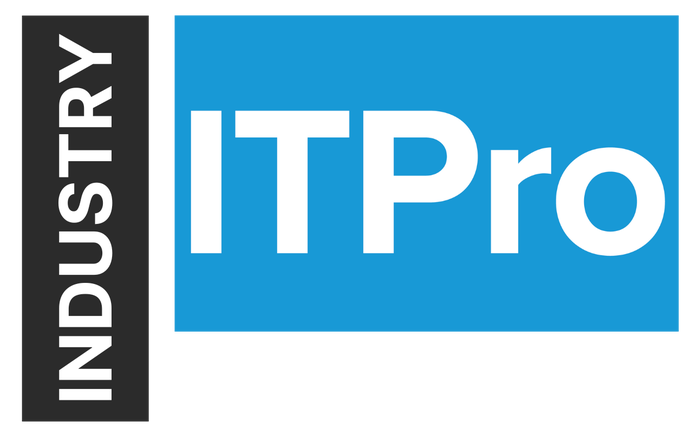
Insight and analysis on the information technology space from industry thought leaders.
The Hidden Costs of the Cloud Skills Gap
The ongoing cloud skills gap presents hidden costs and operational challenges for businesses, requiring strategic solutions to navigate and overcome its impact.
August 5, 2024

By Charlotte Webb, Hyve Managed Hosting
IT leaders are struggling to acquire talent. While the COVID-19 pandemic has exacerbated this issue (81% of firms accelerated their cloud computing plans due to it), the skills gap has long plagued U.S. technology companies. According to SoftwareOne, 95% of businesses globally face a cloud and IT skills gap.
We know this means IT teams struggle with burnout, high costs of hiring, and the stress of turnover. But what are the hidden costs of the gap?
Faulty Deployments Due to Lack of Expert Knowledge
Deploying cloud solutions requires a comprehensive understanding of the technology. Without adequate knowledge, there is a risk of faults such as incorrect setups, security vulnerabilities, and operational inefficiencies.
Additionally, cloud deployments often need to integrate with existing systems, and addressing issues that arise during deployments demands a deep knowledge of cloud architecture. This means inexperienced staff struggle to diagnose and resolve problems, further prolonging downtime and compromising system reliability. Plus, employees without the necessary skills might produce lower-quality work, affecting the performance and reliability of cloud-based services and applications.
Over-reliance on the Talent You Do Have
When organizations have a limited number of skilled employees, they often become overly reliant on a few experts. This can create bottlenecks and increase risk when those key individuals go on vacation or take a sick day, are overstretched and unavailable, or in a worst-case scenario, choose to leave the company.
Employees who lack essential cloud skills need substantial training and mentoring, which can be both time-consuming and costly for organizations. This training period can delay project timelines and reduce overall productivity. Plus, employees without the necessary skills might produce lower-quality work, affecting the performance and reliability of cloud-based services and applications.
Inefficiencies in Maintaining and Scaling Cloud Resources
Properly managing and scaling cloud resources requires expertise in load balancing, auto-scaling, and cost optimization. Without these skills, companies may face inefficiencies, either by over-provisioning or under-utilizing resources. Inexperienced or overstretched staff might struggle with performance optimization, resulting in slower applications and services, which can negatively impact user satisfaction and harm the company's reputation.
Routine maintenance tasks such as patch management and backups require skilled personnel to ensure they are done correctly. Inefficiencies in these areas can increase the risk of data loss and security breaches.
Cost Barriers Due to a Lack of Expertise
Errors caused by inexperience can be costly to rectify. For example, a misconfigured resource could lead to unexpected charges, or a security breach could result in significant financial and reputational damage.
The high stakes of the cloud industry mean that a lack of expertise can lead to project delays, significantly increasing costs and slowing down the realization of cloud investment benefits.
Lack of Innovation
Employees lacking the necessary skills to fully leverage cloud technologies may be less likely to propose innovative solutions or improvements, potentially leading to a lack of new product development and stagnation in business growth.
The cloud presents abundant opportunities for innovation, including AI, machine learning, and advanced data analytics. Companies without the expertise to implement these technologies risk missing out on significant competitive advantages and exciting new discoveries. The bottom line is that skilled professionals often drive the adoption of new technologies because they have the knowledge to experiment in the field.
What's Next?
While the cloud skills gap presents a significant challenge, it is still manageable. And the key to success? A multi-pronged approach.
Consider implementing two or more of the following strategies to begin combating the skills gap issue and ensure your organization is well-equipped for the future.
Invest in Training and Upskilling — internal training programs, encouraging employees to take certifications and courses (and offering to sponsor them), and creating opportunities for on-the-job learning.
Partnerships with Educational Institutions — collaborate with universities and colleges to develop curriculum and establish internship and apprenticeship programs.
Use Cloud Management Platforms — implement cloud management platforms that simplify cloud operations, automate repetitive tasks, and standardize processes.
Leverage External Expertise — outsource cloud management to managed service providers (MSPs) to alleviate the pressure on internal teams.
About the author:
As an Operations Director at Hyve Managed Hosting, Charlotte Webb plays a key role in shaping the company's marketing and operational strategies. Having held various marketing management positions for over 15 years, she brings a wealth of experience and skills to managing Hyve's brand integrity, coordinating sales efforts, leading marketing teams, and overseeing budget allocation.
Charlotte also manages regional hubs in the UK, U.S., and Germany, overseas lead flow, and global growth as part of her role as Operations Director. She thrives on challenges, is always looking for new directions for the business, and is always ready for the next hurdle or celebration.
About the Author
You May Also Like








.jpg?width=700&auto=webp&quality=80&disable=upscale)
